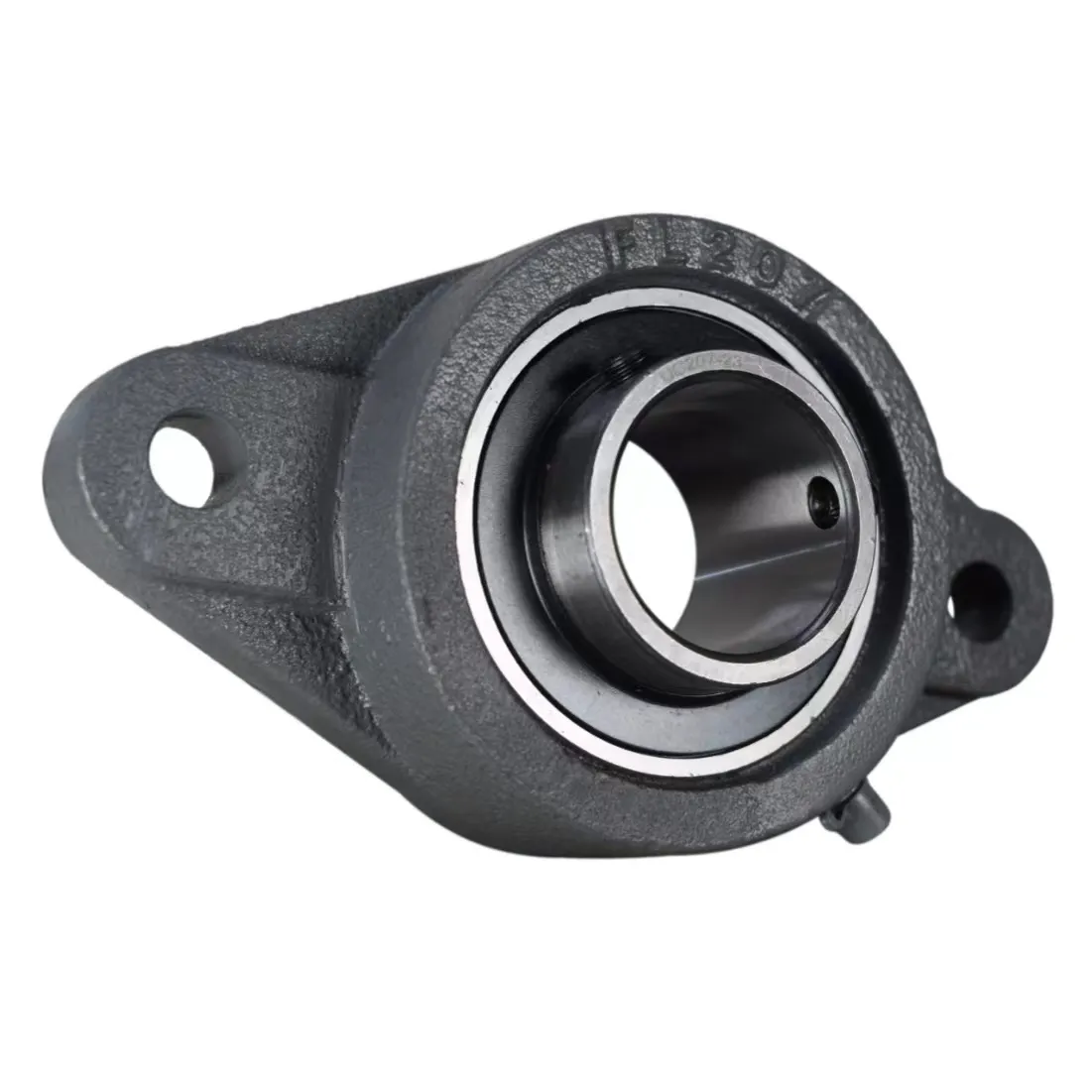Nov . 09, 2024 03:21 Back to list
Ceramic Bearings Production Facility for High-Performance Industrial Applications
The Rise of Ceramic Bearings A Look into the Future of Mechanical Performance
In the world of engineering and manufacturing, the search for materials that offer superior performance, durability, and efficiency is a never-ending quest. One such innovation that has garnered significant attention in recent years is ceramic bearings. As industries look to optimize operations, reduce maintenance costs, and improve overall reliability, ceramic bearings have emerged as a game-changer. This article explores the benefits of ceramic bearings and the future of this technology in various applications.
What are Ceramic Bearings?
Ceramic bearings are a type of bearing that utilizes ceramic materials for their rolling elements and often for the raceways. Unlike traditional bearings made from steel or other metals, ceramic bearings are constructed from materials such as silicon nitride or zirconium dioxide. These materials are known for their exceptional hardness, low friction, and corrosion resistance, making them suitable for a wide range of applications.
Advantages of Ceramic Bearings
1. Durability One of the most significant advantages of ceramic bearings is their remarkable durability. The hardness of ceramic materials allows them to withstand substantial loads without deforming. This is particularly beneficial in high-load environments, where traditional bearings might wear out quickly.
2. Low Friction Ceramic bearings exhibit lower friction compared to their metal counterparts. This characteristic leads to less energy loss during operation, resulting in improved efficiency and reduced heat generation. As a result, machines equipped with ceramic bearings operate more smoothly and require less energy, ultimately leading to lower operational costs.
3. Corrosion Resistance Ceramic materials are inherently resistant to corrosion, making ceramic bearings ideal for use in harsh environments where moisture or chemical exposure can lead to premature failure. Industries such as aerospace, marine, and chemical processing are increasingly relying on ceramic bearings to enhance the longevity of their equipment.
4. Lightweight Another notable benefit of ceramic bearings is their lightweight nature. This characteristic is especially advantageous in applications where reducing weight can improve performance, such as in automotive and aerospace industries. A lighter bearing can contribute to overall weight savings in the design of machinery and vehicles.
ceramic bearings factory

Applications of Ceramic Bearings
Ceramic bearings are finding applications across various sectors, including
- Aerospace In the aerospace industry, the high-strength and lightweight properties of ceramic bearings contribute to improved fuel efficiency and reliability of aircraft systems.
- Automotive The automotive sector uses ceramic bearings in electric motors and high-performance vehicles, where reduced friction leads to better acceleration and enhanced performance.
- Medical Equipment In medical applications, where precision and reliability are paramount, ceramic bearings are used in devices such as imaging equipment and surgical instruments.
- Industrial Machinery Many industrial applications, including conveyor systems and pumps, benefit from the durability and low maintenance requirements of ceramic bearings.
The Future of Ceramic Bearings
As technology continues to advance, the demand for ceramic bearings is expected to rise. Ongoing research and development efforts focus on enhancing the performance characteristics of ceramic materials and expanding the range of applications. Innovations in manufacturing processes, such as additive manufacturing, could further revolutionize the production of ceramic bearings, making them more accessible and cost-effective for a wider array of industries.
In conclusion, ceramic bearings represent a significant advancement in bearing technology, offering numerous advantages over traditional materials. Their durability, low friction, corrosion resistance, and lightweight properties make them suitable for a range of demanding applications. As industries strive for greater efficiency and reliability, the adoption of ceramic bearings will likely continue to grow, paving the way for a new era of mechanical performance.
Latest news
-
25MM 2 BOLT UCFLX05-14 Flange bearing unit( oval)
NewsMar.07,2025
-
4 bolt UCF 200 series Pillow block bearings
NewsMar.07,2025
-
25MM 2 BOLT UCFLX05-14 Flange bearing unit( oval)
NewsMar.07,2025
-
UCF216-50 4-Bolt Flange Housing Square Bearing
NewsMar.07,2025
-
25MM 2 BOLT UCFLX05-14 Flange bearing unit( oval)
NewsMar.07,2025
-
spherical roller bearing material exporter
NewsMar.07,2025





